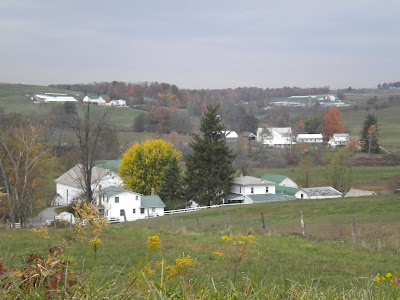Template and Canvas
Today is the birthday of the British writer George Eliot, author of Middlemarch and The Mill on the Floss, who was sent away to boarding school at age 5 but who was still able to write these words: “We could never have loved the earth so well if we had had no childhood in it.”
It’s an observation no one else I’ve read has made in quite the same poetic and pithy way, that the sights and sounds of growing up become the template and the canvas upon which our love of the natural world is painted.
I think of it often, remembering the awe of my early years in the world, the way an empty lot could become a fairy meadow, or a scraggly woods the forest primeval. It’s an awe that lives in me still and surprises me from time to time, the rallying cry of beauty.
Here’s Eliot again. I’ll end with her because she says it best: “Our delight in the sunshine on the deep bladed grass today might be no more than the faint perception of wearied souls, if it were not for the sunshine and the grass in the far-off years, which still live in us and transform our perception into love.”


